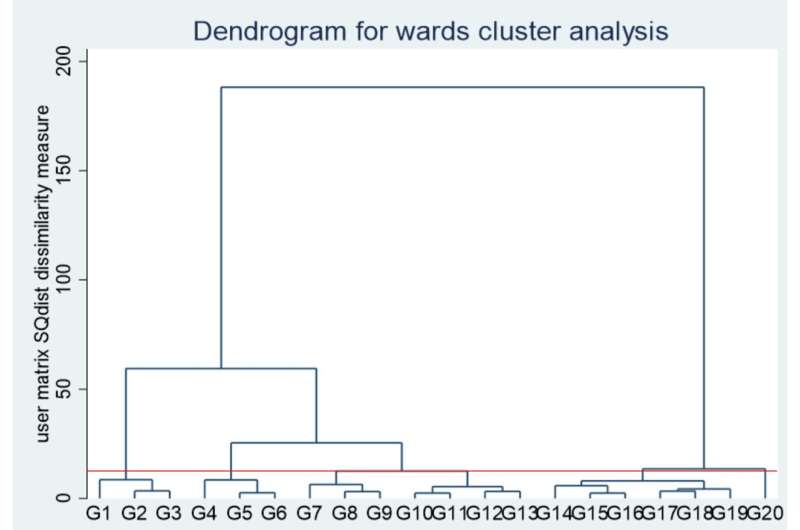This article has been reviewed according to Science X's editorial process and policies. Editors have highlighted the following attributes while ensuring the content's credibility:
fact-checked
peer-reviewed publication
trusted source
proofread
Balancing work and care linked to better emotional well-being for those caring for older adults

Caring for a loved one and managing a job is a significant challenge, but balancing some care responsibilities with some paid work provides working caregivers with emotional benefits, says a University of Michigan researcher.
Drawing on a national study of family caregivers to older adults, Sarah Patterson, a research investigator at U-M's Institute for Social Research, found that those who split time between part-time care and part-time paid work reported levels of well-being similar to those who took the day off from both responsibilities.
Part-time workers and those who did not work at all on the prior day reported similar levels of well-being. But those combining care responsibilities with full-time work on the prior day reported worse well-being, and some full-time workers had it worse than others.
Patterson and her co-authors analyzed time diary interviews from the National Study of Caregiving, in which caregivers reported all activities on the prior day and details about how they felt during randomly selected activities.
"Caregivers who worked a late shift, evening or overnight on the prior day, stand out from other working caregivers as experiencing more negative emotions," Patterson said.
She says the competing demands of full-time work and care responsibilities may add stress for family members and friends caring for older adults. This link between work-care balance and emotional well-being appears similar for men and women.
"Often there can be a lack of flexibility with full-time work," Patterson said. "During the day, it's harder to run errands or take someone to the doctor if you have to return to work. Late-shift workers may find daytime caregiving responsibilities especially stressful."
In contrast, caregivers who worked a limited number of hours seem to get an emotional payoff, Patterson says.
"In these cases work may offer a break—or respite—from caregiving responsibilities," she said.
Data for the study were collected in 2017, before the COVID-19 pandemic. Patterson says the pandemic helped bring work-life balance issues into focus and may have changed the experiences of working caregivers.
The findings are published this month in the Journal of Marriage and Family.
More information: Sarah E. Patterson et al, Work as overload or enhancement for family caregivers of older adults: Assessment of experienced well‐being over the day, Journal of Marriage and Family (2023). DOI: 10.1111/jomf.12909




















